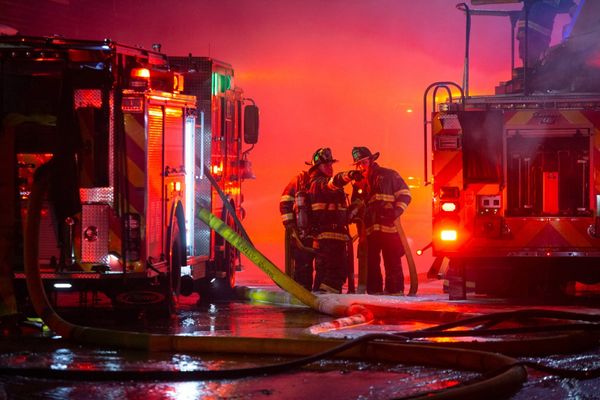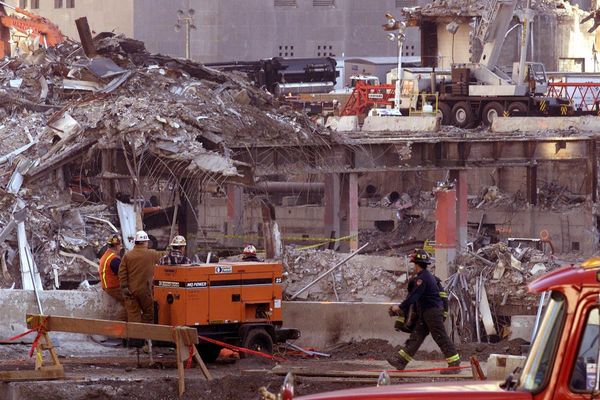
Back in the early 90s, taking an evening stroll through Sydney’s charming inner suburb of Paddington – my head filled with buckets of kaleidoscopically powerful THC – I suffered what Star Trek fans would recognise instantly as a spatial and temporal anomaly.
I transitioned from the gentle and welcoming climes of the nicer, more southerly Paddington deep into the oppressive and threatening aura of the mirror universe Paddington, in Queensland, a thousand klicks north and at least two-and-a-half Enlightenments behind.
It was terrifying. I was sure that attack squads of thick-necked Queensland coppers throwing stun toads and wielding electric riot batons would explode out of the windows of renovated terraces that suddenly loomed over me like gigantic poison mushrooms.
Kids – do not do buckets, especially not in Paddington.
But if you are going to do buckets, make sure you’re packing that cone in the right Paddington, the enlightened and tolerant one. In Queensland.
Because in a weird, unexpected reversal that is turning my old stoner’s brain inside out like a wet sock, it is New South Wales committing to a punishing future of prohibition and failure, while the former tropical Hermit Kingdom emerges from the dark ages with a pragmatic, evidence-based approach to drug possession.
Queensland’s new law mandating a three-strike system for small-scale drug possession requires police to offer a caution to a first-timer, and diversion and assessment programs for anyone careless enough to get busted two or even three times.
This leaves New South Wales as the only state that doesn’t allow cautions for adults possessing drugs other than cannabis, which is itself subject to the vagaries of police discretion.
It’s strange to think that Sydney is now a place with a harsher regime for managing drug use than the place once governed by Joh Bjelke-Petersen. It doesn’t seem like the NSW Coalition losing power is going to lead to any change in approach, with incoming premier Chris Minns begging off that he doesn’t have a mandate to make any drug policy changes, which sounds remarkably like an excuse for never making a change.
The Queensland Labor government’s new approach was predictably attacked by the opposition’s Deb Frecklington, who said, “We have a government that thinks it is OK to tell my children and tell my constituents that these drugs are minor drugs. Fentanyl, ice, cocaine and heroin are not minor drugs.”
But while the politics of the so-called war on drugs never change, nor do the economic forces that guarantee it will be a forever war. The market for drugs – soft, hard, legal and illegal – is massive. “Success” in the war – major interceptions, massive busts of Mister Bigs and so on – simply create a temporary scarcity which drives up prices, bringing new players to the market or encouraging existing operators to increase production and distribution.
It’s Economics 101, the basic triumph of market forces, which most politicians have no trouble recognising and even celebrating in other areas of the economy.
In the next 12 months, approximately 17,000 Queenslanders will have their own Sliding Doors moment when the strong arm of the law taps them on the shoulder and says, “Give it a rest, mate” rather than “You’re under arrest”.
For some it’ll make no difference, but for many it will mean avoiding a headlong tumble into the threshing machine of the criminal justice system, and a diversion, literally, from wherever that path was leading.
Tens of thousands of people in NSW won’t get that chance. Billions of dollars will be wasted maintaining a system that is irretrievably broken and will never, ever be fixed.
There is no perfect answer to drug use. It will always be with us because it has always been with us. Chasing the buzz, the high, oblivion, whatever, it’s part of the human condition. The best we can aim for is to manage it and, as of right now, NSW has the worst management plan in the country.
John Birmingham was once paid to travel around the country smoking dope and write a book about it







